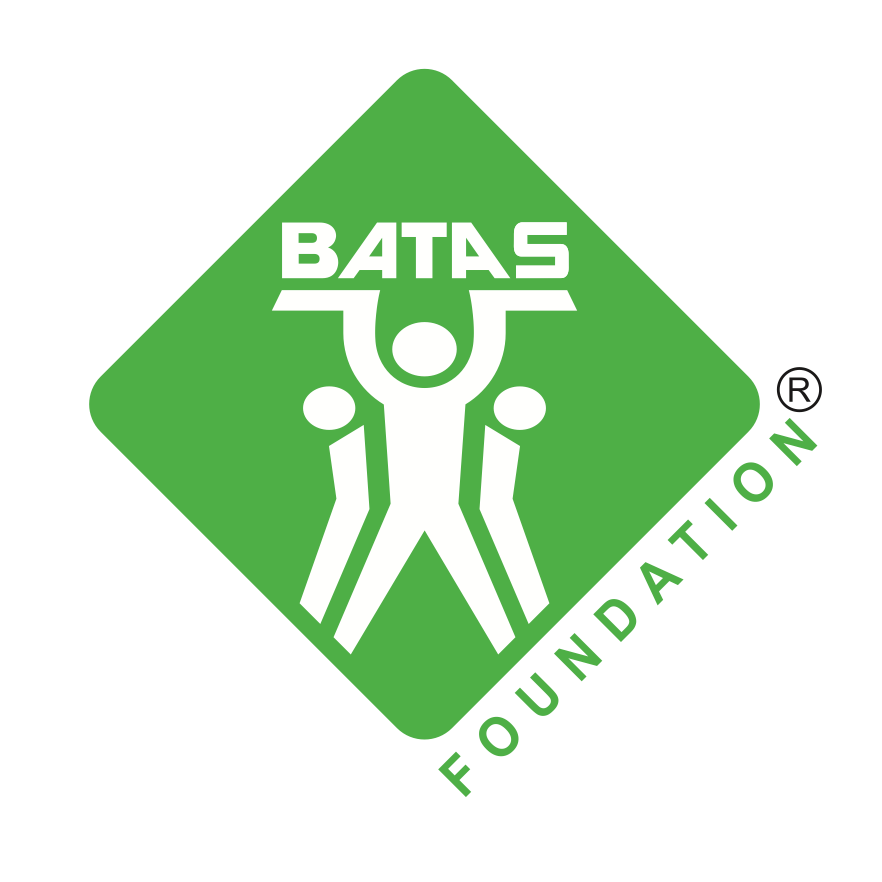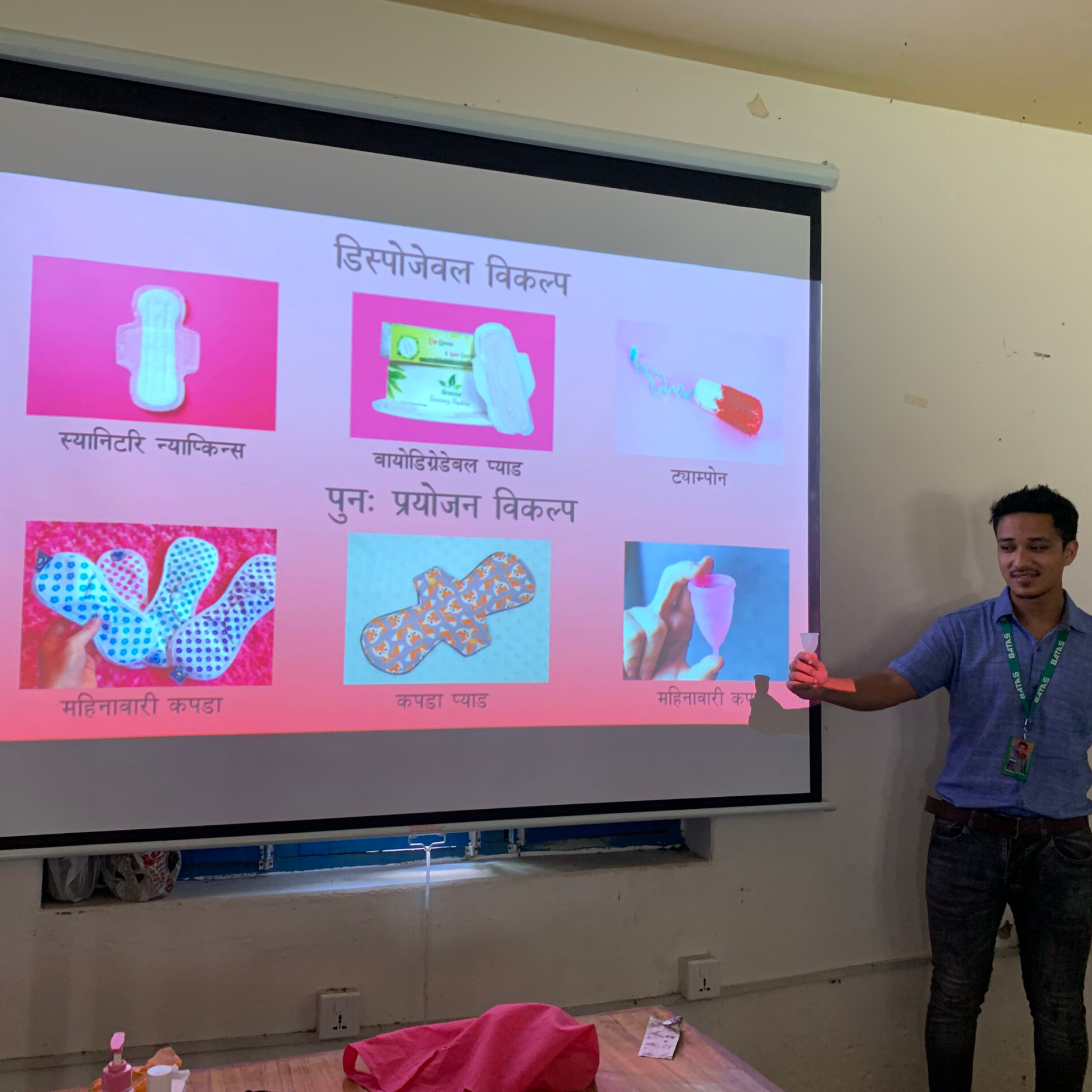About Us
We are committed to promote sustainable development which is equitable and inclusive.

BATAS Foundation is the philanthropic wing of BATAS Organization (a leading business house in Nepal, a conglomerate of more than 16 subsidiary companies). Since its inception, the Foundation has been supporting various initiatives for community development focusing mainly on education, livelihood, WASH, and health as a part of Corporate Social Responsibility (CSR). The Foundation has provided scholarship support to more than 200 students from very needy families living in different parts of the country. In addition, the foundation has also been receiving regular financial support from individual donors within the BATAS Organization.
BATAS Foundation has also initiated partnerships with local corporate houses, academia, and financial institutions to support needy children to complete their education. It is also recognized as a non-government and non-profit organization extending its geographical coverage and thematic area of intervention like Disaster Risk Reduction, Humanitarian and Emergency Response WASH, Education, Sustainable Livelihood and Vocational, and Environment and Climate Change Adaptation (CCA) in various remote communities of Nepal. The Foundation has implemented various projects under funding partnership with different International Non-Governmental Organizations (INGOs) and Non-Governmental Organizations (NGOs).
BATAS Foundation
Achievements
Relief Distribution
WASH Support
Education Support
Knowledge and Skills Training
Our History
- Nepal Earthquake Response 2015.
- Nepal Earthquake Response 2015 – Phase II.
- Nepal Earthquake Response-Multi donor winterization project (Multi Year Project 2015-2016).
- Winterization Support- Nuwakot Nepal.
- Promoting Education and Protection of Young Girls in Earthquake affected Area(Multi Year Project, 2016-2017).
- Promoting Education and Protection of Young Girls in Earthquake affected Area(Multi Year Project, 2016-2017).
- RASEAC (Multi Year Project, 2016-2017).
- Winterization Support Nuwakot Nepal(Multi year Project, 2016-2017).
- Construction of low-cost sustainable houses for earthquake affected families in Nepal(Multi Year Project, 2017-2018).
- DEC Phase 2 (b)(Multi Year Project, 2017-2018)
- STRIDE (Multi Year Project, 2017-2018).
- Safe Water Access in Nepal ( SWAN ).
- LIFT- Safer, Healthier and more Resilient Communities in Rasuwa District (Multi Year Project, 2019-2020).
- COVID-19 FOOD Distribution (WF AID).
- COVID Response.
- INSPIRE(Multi Year Project, 2020-2021).
- Facilitation & Management Of Training And Workshop.
- Situation Analysis For Phase in Dhanusa-Plan.
- COVID-19 Emergency Response Project in Nepal (RRM).
- Establishment of Oxygen Concentrator Bank.
- Emergency Food Support.
- Second Wave Covid-19 Response in Nepal.
- Climate Change Adaption Session Conduction Manual.
- Livelihood strategy of Sarkegad Rural Municipality of Humla.
- DEC Nepal, Kohalpur, Banke & BATAS Foundation for Business Plan.
- Labor Market Assessment for to identify the potential trades for Technical and Vocational Trainings.
- Second Wave Covid-19 Response in Nepal.
- Perspective Mapping of Livable City Concept(Multi Year Project, 2021-2022).
- LIFT- Safer, Healthier and more Resilient Communities in Rasuwa District(Multi Year Project, 2021-2022).
- Development of Training Manual to Teachers for STEAM Education (Research based project)
- Promote Social Entrepreneurship In Disaster Risk Reduction To Build Community Resilience.
BATAS Foundation
Values

Collaboration

Neutrality

Equality

Sustainability

Loyalty and Commitment

Integrity and Professionalism

Accountability and Transparency
Inclusive Development

Vision
A Safe, Empowered and Prosperous Society.
Mission
To promote a better quality of life among people, through developmental and humanitarian interventions.
Our Goal
To achieve an improved living condition of local communities.